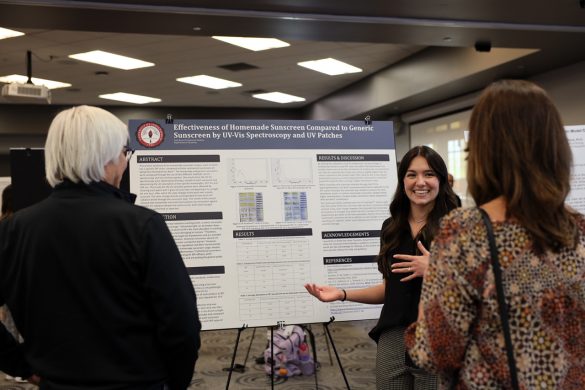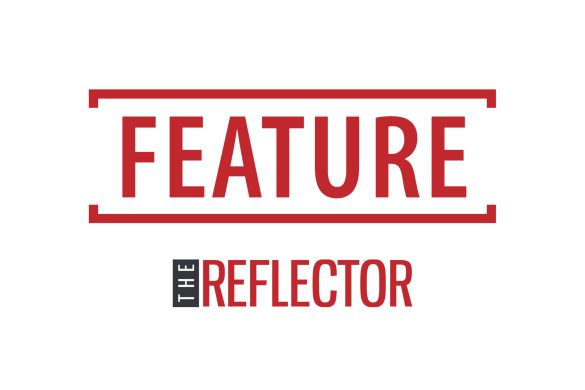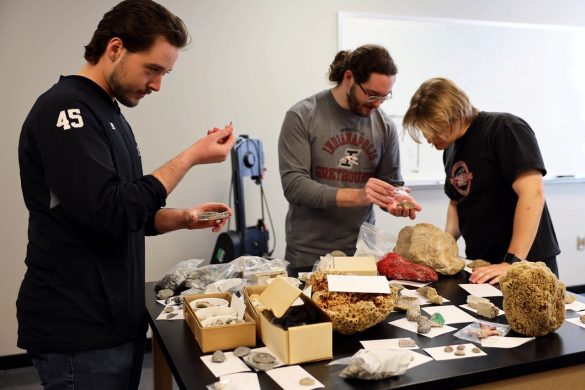One religion making its presence known on the University of Indianapolis campus is Paganism. Paganism, according to the Pagan Federation, is defined as “a polytheistic or pantheistic nature-worshipping religion.”
Oftentimes, according to Assistant Professor of Nursing Caron MacPherson, lack of knowledge about Paganism results in misconceptions about the religion itself.
“People make assumptions that as someone who is pagan, I would harm animals or harm people,” MacPherson said. “However, in 40 plus years of my life, I have yet to meet a pagan who would intentionally want to do that kind of harm.”
MacPherson explained that Paganism refers to any belief structure that does not stem from an Abrahamic beginning—that is, anything other than Christianity, Judaism, and Islam. As a result, Paganism covers a broad spectrum of beliefs.
“Depending on the practitioner or the organization, Paganism can really be fluid, depending on what speaks to them,” MacPherson said.
Because the pagan spectrum is so broad, the label can imply a number of different things. For example, MacPherson said that some pagans take a polytheist approach, subscribing to a plethora of gods from different pantheons, such as ancient Egyptian, Greek, or Roman. Others, like MacPherson and sophomore art major Shelby Coffelt, use a pantheist approach.
“There are multiple theisms,” Coffelt said. “Pantheism is just the acceptance and belief of all.”
MacPherson said that pagans tend to be very open to anyone regardless of race, socioeconomic status, gender identity, sexual preferences, polyamory and so forth. Paganism, she explained, acknowledges that at the base of everything, everyone is the same and deserves respect. Consequently, Coffelt, who embraced Paganism because of bullying, said she was first drawn to its openness and flexibility.
“The idea of being whole with the universe and every single individual thing helps me calm down when I get too worked up about things,” Coffelt said. “It helps bring me back to center.”
While both Coffelt and MacPherson believe the university has accommodated their beliefs, they still also believe that more could be done to raise the visibility and awareness of the community. While efforts are currently underway to establish a pagan group on campus, according to Coffelt, more people will need to show an active interest in establishing a group before it can actually form.
“I know there’s got to be more than three of us on campus,” Coffelt said. “It would be cool to have the visibility of a group, even if it’s small, just so we know we’re all here.”







